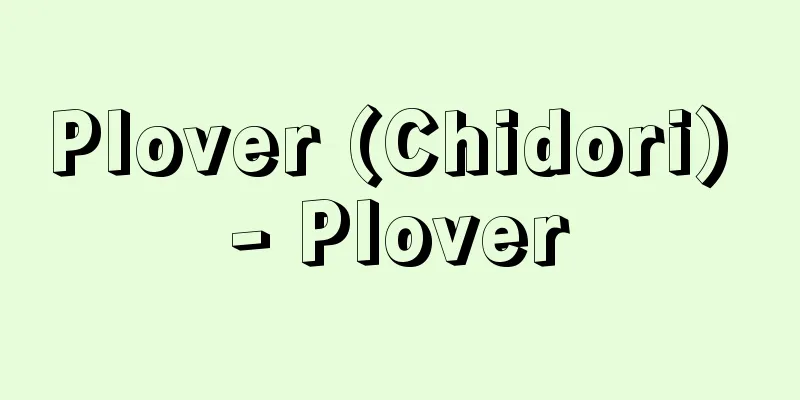Aristoxenos

|
A Greek philosopher from the 4th century BCE, and the first music theorist of classical antiquity. After studying Pythagorean philosophy, he was taught by Aristotle and Theophrastus. He explained the relationship between the soul and the body by inferring the relationship between harmony and musical instruments. His book, "The Principles and Elements of Harmony," is still extant. Source: Encyclopaedia Britannica Concise Encyclopedia About Encyclopaedia Britannica Concise Encyclopedia Information |
|
前4世紀頃のギリシアの哲学者で,古典古代における最初の音楽理論家。ピタゴラス学派の哲学を学んだのち,アリストテレス,テオフラストスに教えを受けた。和声と楽器との関係から推して,霊魂と肉体の関係を説いた。『和声学の諸原理と諸要素』が現存。
出典 ブリタニカ国際大百科事典 小項目事典ブリタニカ国際大百科事典 小項目事典について 情報 |
<<: Aristogeitōn (English spelling)
Recommend
Tokuda Shusei
Novelist. Real name Sueo. Born on December 23, 18...
Indoratel - Indoratel
→Honey Badger Source: Shogakukan Encyclopedia Nip...
Amati, A. (English spelling) AmatiA
...a family of violin makers active in Cremona, I...
armillary sphere
...The armillary sphere, created by Guo Shoujin o...
Erotic literature
It is difficult to give a strict definition, but ...
Bida (English spelling)
A city in midwestern Nigeria, located about 170 km...
Cyrtanthus sanguineus (English spelling)
…[Tora Saburo Kawabata]. … *Some of the terminolo...
Auto Bike - Auto Bike
...a two-wheeled vehicle equipped with an engine....
Thessalonike
...It is the capital of the prefecture of the sam...
Masu - Masu
A volumetric measure is a device used to measure t...
Károlyi Mihály (English spelling)
Hungarian politician. Grew up under the influence...
Kameyama Castle Town
...The remains of the castle tower stone wall and...
Batavia
…It is located on the northwest coast of Java, at...
Gyandzha - Gyandzha (English spelling)
A city in the Republic of Azerbaijan. It was call...
Isa clan
Although scattered throughout the country, the Isa...









